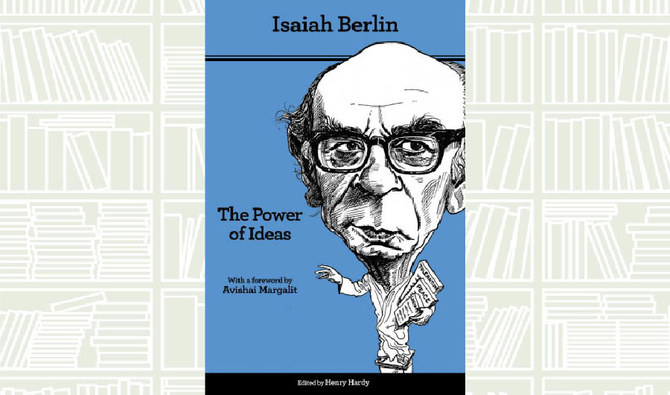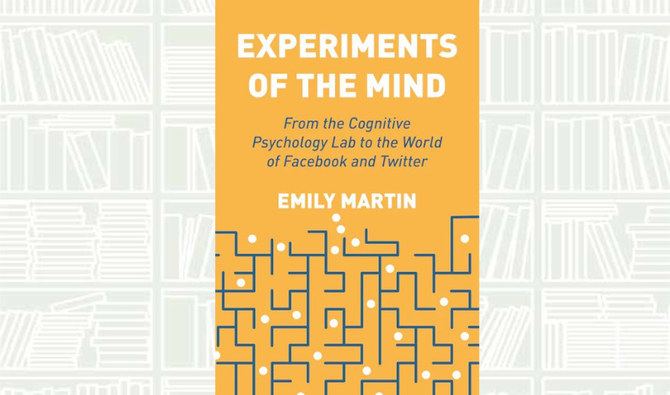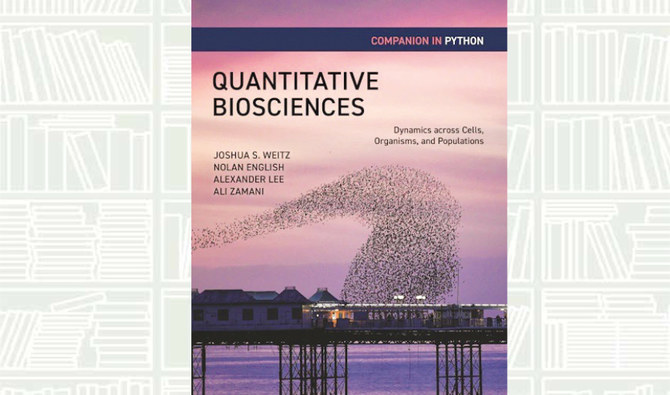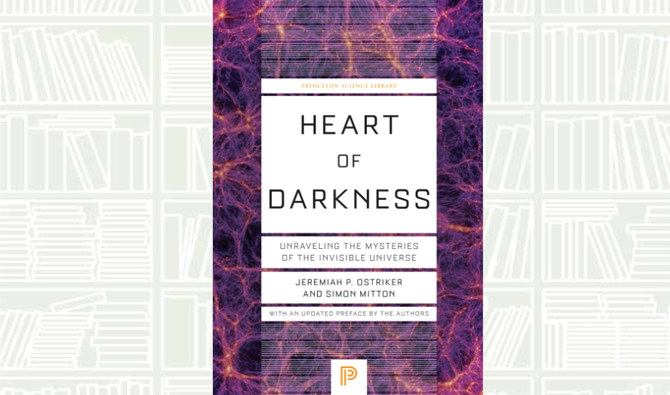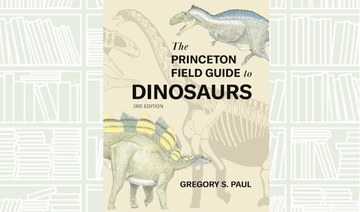The essays collected in this new volume reveal Isaiah Berlin at his most lucid and accessible. He was constitutionally incapable of writing with the opacity of the specialist, but these shorter, more introductory pieces provide the perfect starting-point for the reader new to his work. Those who are already familiar with his writing will also be grateful for this further addition to his collected essays.
The connecting theme of these essays, as in the case of earlier volumes, is the crucial social and political role —past, present and future — of ideas, and of their progenitors. A rich variety of subject-matters is represented — from philosophy to education, from Russia to Israel, from Marxism to romanticism — so that the truth of Heine’s warning is exemplified on a broad front. It is a warning that Berlin often referred to, and provides an answer to those who ask, as from time to time they do, why intellectual history matters.
Among the contributions are “My Intellectual Path,” Berlin’s last essay, a retrospective autobiographical survey of his main preoccupations. and “Jewish Slavery and Emancipation,” the classic statement of his Zionist views, long unavailable in print. His other subjects include the Enlightenment, Giambattista Vico, Vissarion Belinsky, Alexander Herzen, G.V. Plekhanov, the Russian intelligentsia, the idea of liberty, political realism, nationalism, and historicism. The book exhibits the full range of his enormously wide expertise and demonstrates the striking and enormously engaging individuality, as well as the power, of his own ideas.
“Over a hundred years ago, the German poet Heine warned the French not to underestimate the power of ideas: philosophical concepts nurtured in the stillness of a professor’s study could destroy a civilization.”--Isaiah Berlin, Two Concepts of Liberty, 1958.



